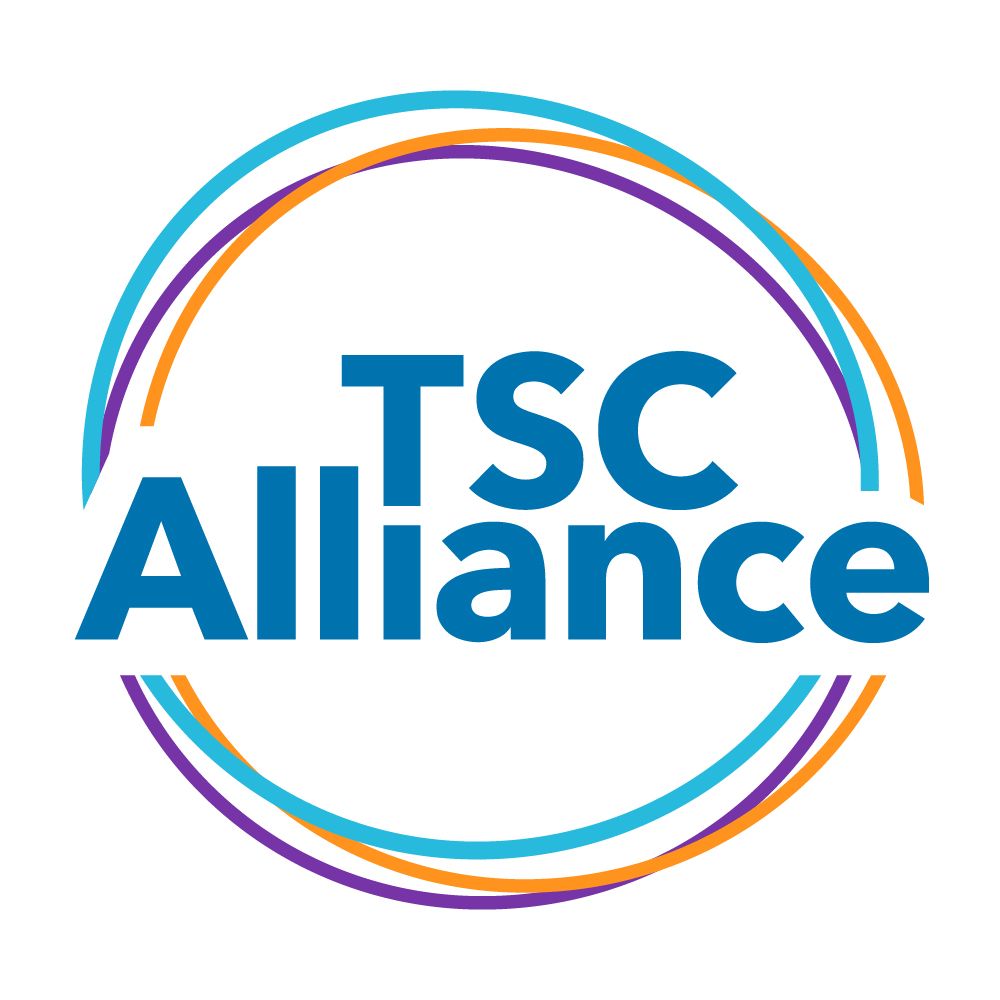
Ganaxolone’s Potential in TSC, Need for More Drug Development: Darcy Krueger, MD, PhD

The director of the Tuberous Sclerosis Clinic at Cincinnati Children’s discussed the phase 2 open-label study of ganaxolone in TSC and whether drug development remains the top priority for these patients. [WATCH TIME: 3 minutes]
WATCH TIME: 3 minutes
"I don’t know if we can say what’s most important, but still, medication development, looking at new ways to treat epilepsy as we understand epilepsy better, is important for tuberous sclerosis."
Tuberous sclerosis complex (TSC), a rare epilepsy caused by pathogenic variants in TSC1 or TSC2 genes, has only a handful of FDA-approved medications to treat seizures associated with the disease. A phase 2 study evaluated the use of ganaxolone, an investigational neuroactive steroid, as an add-on therapy in a cohort of 23 patients with TSC aged 2-65 years who had at least 8 seizures during a 4-week baseline.
Following that period, patients were assessed on the median percentage change in the frequency of TSC-associated seizures during a 12-week treatment period relative to baseline. The results, presented at the
Senior author Darcy Krueger, MD, PhD, director, Tuberous Sclerosis Clinic, Cincinnati Children’s, sat down with NeurologyLive® to discuss the trial, including the differences in mechanistic action of ganaxolone compared with other medications that target the GABA receptor. He also provided information on the greatest challenges in the field and whether drug development remains at the top of that list.
For more coverage of AES 2021,
Newsletter
Keep your finger on the pulse of neurology—subscribe to NeurologyLive for expert interviews, new data, and breakthrough treatment updates.










